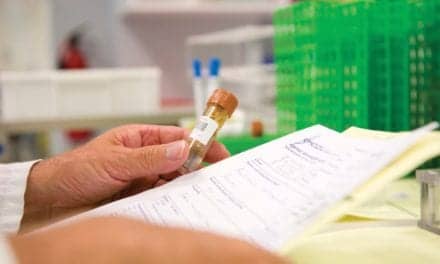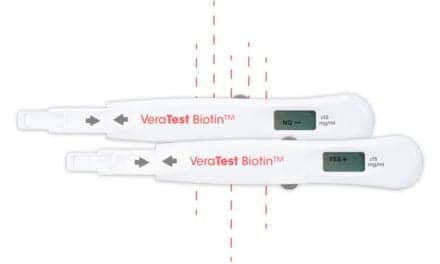A pair of recent letters to Congress from opposing stakeholder camps in the clinical laboratory community may not achieve their shared goal of spurring congressional action, but they serve as reminders of an unsettled issue at the heart of the diagnostic testing sector in the United States that will at some point need to be addressed.
At the beginning of May, a group of more than 80 healthcare companies and organizations representing patients, providers, laboratories, and diagnostic manufacturers sent a letter to the chairmen and ranking members of the Senate Committee on Health, Education, Labor, and Pensions (HELP) and House Energy and Commerce Committee, urging Congress to prioritize meaningful diagnostic oversight reform in 2018, including regulation of both laboratory-developed tests (LDTs) and in vitro diagnostics (IVDs).1
Prioritizing diagnostic reforms this year would build on the efforts of both congressional committees, as well as on the work of Reps. Larry Bucshon (R–IN) and Diana DeGette (D–CO), who early last year released a discussion draft of legislation entitled the Diagnostic Accuracy and Innovation Act (DAIA). The discussion draft contemplates a host of policies that are important for stakeholders to consider for a modernized diagnostic framework.
“We all share the goal of accelerating development of and access to new, groundbreaking medical advances that have the potential to greatly improve patient health and well-being,” commented Julie Khani, president of the American Clinical Laboratory Association. “To deliver on that promise without disrupting patient access, we urge Congress to prioritize diagnostic reform this year and help ensure a sustainable path for future diagnostic innovation.”
But in the middle of June, a group of 17 laboratory professional associations and academic medical centers joined forces in opposition to DAIA. The opposition group—including the American Association for Clinical Chemistry (AACC), the American Medical Association, and the Association for Molecular Pathology—framed its views in a second letter sent to the chairs and ranking members of the House and Senate committees.2
“The Diagnostic Accuracy and Innovation Act (DAIA) discussion draft’s approach to regulating laboratory developed testing procedures is not appropriate, as it consequently generates a new regulatory environment that would overburden and stifle clinical laboratories and medical professionals’ ability to provide laboratory testing to patients,” the group wrote. “As drafted, DAIA would sharply curtail medical innovation, which is contradictory to the overwhelming bipartisan support for the 21st Century Cures Act to advance precision medicine.”
For this issue’s Inside Track column (page 34), CLP spoke to Dave Koch, PhD, DABCC, FAACC, professor of pathology and laboratory medicine at Emory University and chair of the policy and external affairs core committee for AACC, about the latest congressional communiqué. Whatever the effect of such letters may be in the short term, members of the clinical laboratory community owe it to themselves to stay abreast of the discussion, which is framing in advance the terms to be considered in a major reform of oversight activities for the diagnostic testing sector—whenever that may occur.
References
- Letter to the Chairs and Ranking Members of the House Energy and Commerce Committee and Senate Committee on Health, Education, Labor, and Pensions. Washington, DC: AdvaMedDx, 2018. Available at: https://dx.advamed.org/sites/dx.advamed.org/files/resource/dx_reform_letter.pdf. Accessed July 5, 2018.
- Letter to the Chairs and Ranking Members of the House Energy and Commerce Committee and Senate Committee on Health, Education, Labor, and Pensions, Re: Diagnostic Accuracy and Innovation Act. Washington, DC: American Association for Clinical Chemistry, 2018. Available at: www.aacc.org/-/media/files/health-and-science-policy/legislative-issues/2018/stakeholdersignonletterlaboratorytestingoversight62118.pdf?la=en&hash=fc5c79b74e14d313755ae32e01e53a61968bccae. Accessed July 4, 2018.
Steve Halasey
Chief Editor, CLP
[email protected]
(626) 219-0199





